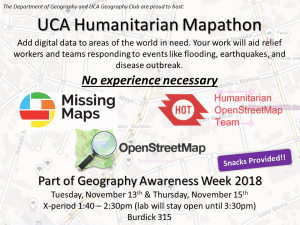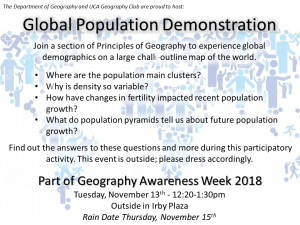Check back often to discover exciting and new things happening in the College of Science and Engineering at the University of Central Arkansas.
News and Events
2021 JMNR Photo Contest Winners
Congratulations to our photo contest winners. The winning photos will be displayed in the CNSM Dean’s office located in Lewis Science Center 145.
Student Category:
1st Place – Jackson Renfroe, Biology Major
2nd Place: Jackson Renfroe, Biology Major
Faculty Staff Category:
1st Place: Mackenzie Hoogshagen, Alumna
2nd Place: Will Flatley, Assistant Professor,Geography
Thank you to everyone who submitted photographs and to our judges, David Dussourd, John Black and Seth Foley!
2020 JMNR Photo Contest Winners
Congratulations to our photo contest winners. The winning photos will be displayed in the CNSM Dean’s office located in Lewis Science Center 145.
Student Category:
1st Place – Michelle Benson, Biology Major
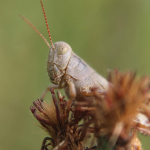
2nd Place: Erik Stinnett, Computer Science Major
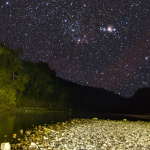
Faculty Staff Category:
1st Place: Windy Lowder, Communications Specialist, UCAPD

2nd Place: Coleman Little, Visiting Lecturer, Biology

Thank you to everyone who submitted photographs and to our judges, John Black and Seth Foley!
4th Annual JMNR Photo Contest

The deadline for the fourth annual Jewel Moore Nature Reserve Photo Contest is rapidly approaching (November 1!!). Instructions for participating are attached. With the pandemic, economic distress, climate change, and political pandemonium overwhelming us, the nature reserve provides a comforting escape.
Please announce the contest to your students and invite them to submit up to three photographs to my email address. Please also consider submitting up to three of your own photographs. There are separate categories for students (undergraduate and graduate combined) and for faculty/staff/alumni.
This is our chance to get a little free publicity for our beautiful reserve – and your chance to see your photographs displayed in the Dean’s office, on the walls in LSC and CCCS, and in UCA publications and web sites.
No cost to enter. Thanks! David
First Science Wednesday for 2020!
 Please visit the Science Wednesday website for more information.
Please visit the Science Wednesday website for more information.
CNSM Wins SGA “Food Fight”
CNSM won the 2019 SGA Colleges “Food Fight” thanks to the efforts of Faith Halcom Yarberry of the Chemistry Department! Emma Cheek, SGA CNSM Representative, presented the trophy to Dean Addison and Dr. Yarberry on Friday, 1/10/20. This is the second year of the competition sponsored by the Student Government Association to benefit the Bear Essentials Food Pantry. 
Photo courtesy Rose McGarrity, SGA
Posters at the Capitol Wednesday 2/20/19
More than 110 undergraduate students will present 70 posters highlighting their original research in science, technology, engineering, and mathematics (STEM) on Wednesday, February 20, 2019 from 11 am to 1 pm in the Arkansas State Capitol Rotunda in Little Rock.
The University of Central Arkansas is the primary organizer of the event, with support and participation from the Arkansas STEM Coalition, Arkansas State University, and Arkansas NSF EPSCoR. This marks the seventh year for the Arkansas STEM Posters at the State Capitol.  For more information about the event, please click here.
For more information about the event, please click here.
2018 JMNR Photography Contest Awards
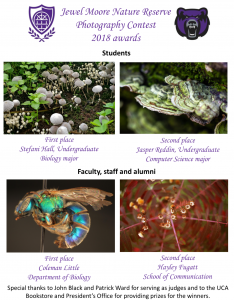
For all the details, please read the UCA News story by clicking here.
Geography Awareness Week 2018 Events
The Geography Department is hosting several events this week, November 12 – 16, for Geography Awareness Week. Date, time, and location details on flyers below — no geography experience necessary to participate! Please visit the Geography Department’s Facebook page for more information.
